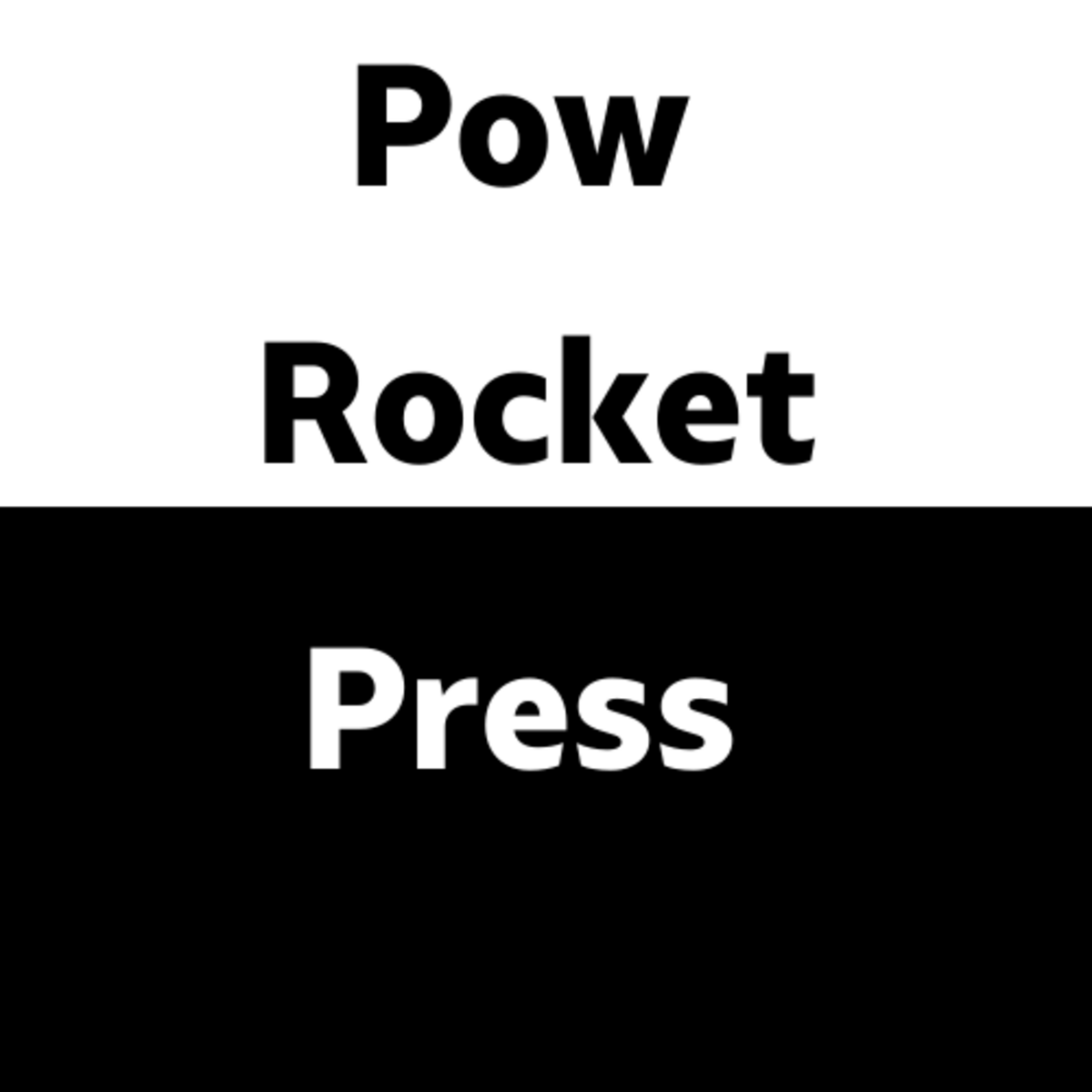Table of Contents
Good morning! Today let’s look at this company Olympia Capital we are continuing where we left off last week, we covered how it makes and spends its money, now let’s look at which groups own it.
If you are clueless which company to invest in on the Botswana Stock Exchange maybe this information will help you:
Understanding Who Owns Olympia Capital – And Why It Matters to You
When you invest in a company, you're becoming a part-owner—so it's important to know who else owns it. Here’s what Olympia Capital’s ownership structure tells us:
1. 60.4% Owned by Public Companies
This means that more than half of Olympia Capital is owned by other listed companies.
Why it matters: This could be a sign of strategic partnerships or a parent company setup. It also means decision-making is likely influenced by other corporate entities, not individual investors.
Takeaway: You’ll be a small fish in a pond mostly owned by other big fish—but that’s not always bad if the big fish are steering the company in the right direction.
2. 26% Owned by Private Companies
These are likely related businesses or investment firms not listed on the stock market.
Why it matters: These players may have long-term interests, but they might also control parts of the business in ways not obvious to retail investors.
Takeaway: There’s significant private control, which can bring stability—but also less influence for small shareholders like you.
3. 8.07% Held by the General Public (That’s People Like You!)
This is the percentage owned by everyday investors—students, working professionals, or anyone who buys shares via the stock exchange.
Why it matters: This is a relatively small slice, meaning the general public doesn’t have much influence on company direction.
Takeaway: You can still benefit financially if the company performs well, but your vote in shareholder decisions is limited.
4. 3.92% Owned by Institutions
These are banks, pension funds, or investment firms.
Why it matters: Low institutional ownership could mean the stock isn’t on the radar of big investors yet—possibly due to low liquidity or limited exposure.
Takeaway: There’s room for growth. If Olympia performs well, institutions might jump in later, pushing the stock price up.
5. 1.64% Owned by Insiders (Like the CEO and Board Members)
This is quite low.
Why it matters: When insiders own more, it usually shows they have skin in the game. Low insider ownership might signal less direct alignment with shareholders’ interests.
Takeaway: Do more research to understand how management is compensated and whether their interests align with yours as an investor.
6. No Dilution in the Past Year
Why it matters: The company hasn’t issued lots of new shares, which is good. That means your stake won’t get diluted if you invest now.
And now finally for Young Investors:
Great for learning: Olympia Capital could be a good entry point to explore how public companies work.
Long-term potential: If you're patient, and the company performs or attracts more institutional attention, you could benefit from future growth.
Caution: Low public and insider ownership means you have limited influence, and the stock might not be very liquid (hard to sell quickly).

